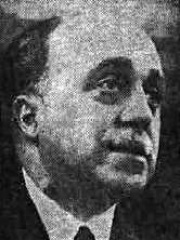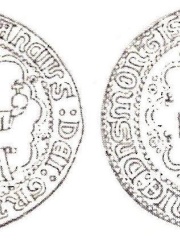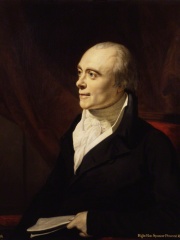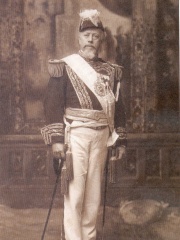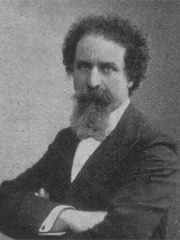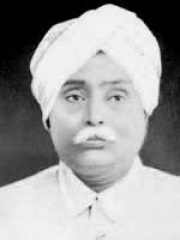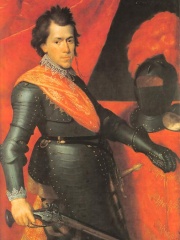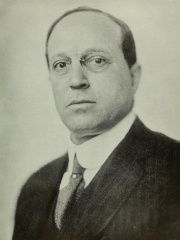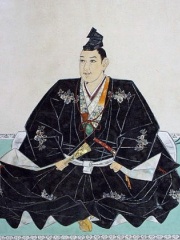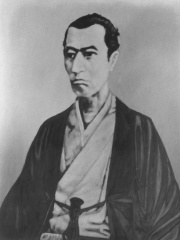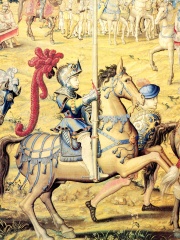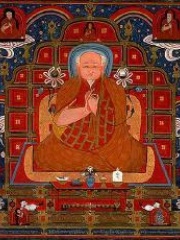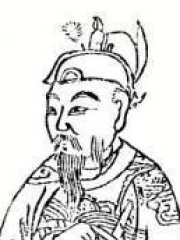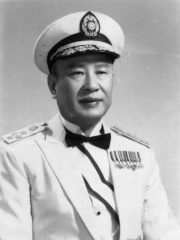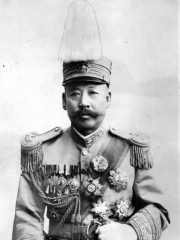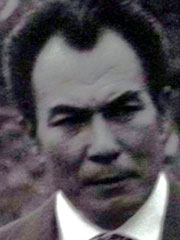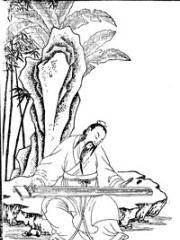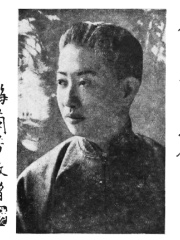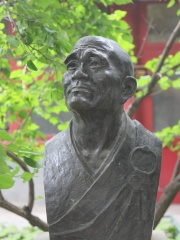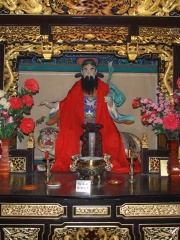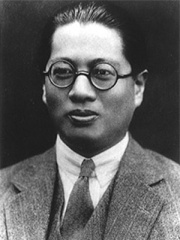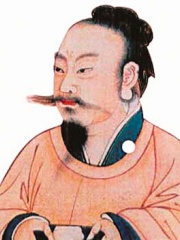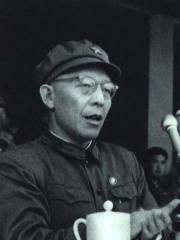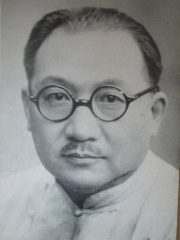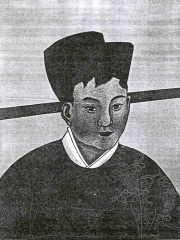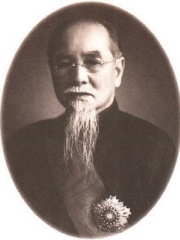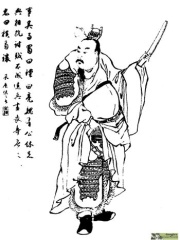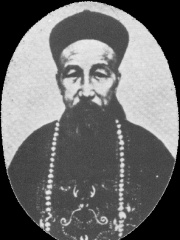Politician
Gengshi Emperor
EN.WIKIPEDIA PAGE VIEWS (PV)
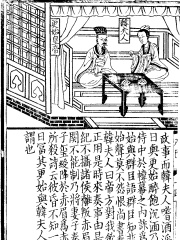
 Gengshi Emperor
Gengshi Emperor
His biography is available in 27 different languages on Wikipedia. Gengshi Emperor is the 7,474th most popular politician (down from 4,986th in 2024), the 506th most popular biography from China (down from 378th in 2019) and the 289th most popular Chinese Politician.
Memorability Metrics
Page views of Gengshi Emperor by language
Among Politicians
Among politicians, Gengshi Emperor ranks 7,474 out of 19,576. Before him are Mitja Ribičič, Sancho of Majorca, Spencer Perceval, Julio Argentino Roca, Enrico Ferri, and Lala Lajpat Rai. After him are Christian the Younger of Brunswick, Eugene Meyer, Lucius Cornelius Scipio Asiaticus, Ukita Hideie, Yoshida Shōin, and Luís of Portugal, Duke of Beja.
Most Popular Politicians in Wikipedia
Go to all RankingsMitja Ribičič
1919 - 2013
HPI: 63.70
Rank: 7,471
Sancho of Majorca
1250 - Present
HPI: 63.70
Rank: 7,472
Spencer Perceval
1762 - 1812
HPI: 63.70
Rank: 7,473
Julio Argentino Roca
1843 - 1914
HPI: 63.70
Rank: 7,474
Enrico Ferri
1856 - 1929
HPI: 63.70
Rank: 7,475
Lala Lajpat Rai
1865 - 1928
HPI: 63.69
Rank: 7,476
Gengshi Emperor
HPI: 63.69
Rank: 7,477
Christian the Younger of Brunswick
1599 - 1626
HPI: 63.69
Rank: 7,478
Eugene Meyer
1875 - 1959
HPI: 63.69
Rank: 7,479
Lucius Cornelius Scipio Asiaticus
232 BC - 183 BC
HPI: 63.69
Rank: 7,480
Ukita Hideie
1573 - 1655
HPI: 63.69
Rank: 7,481
Yoshida Shōin
1830 - 1859
HPI: 63.69
Rank: 7,482
Luís of Portugal, Duke of Beja
1506 - 1555
HPI: 63.69
Rank: 7,483
In China
Among people born in China, Gengshi Emperor ranks 506 out of NaN. Before him are Drogön Chögyal Phagpa (1235), Emperor Xizong of Tang (862), Bai Chongxi (1893), Cao Kun (1862), Feng Menglong (1574), and Shih Kien (1913). After him are Ling Tong (189), Ji Kang (223), Mei Lanfang (1894), Yi Xing (683), Sun Simiao (581), and T. V. Soong (1894).
Others born in China
Go to all RankingsDrogön Chögyal Phagpa
POLITICIAN
1235 - 1280
HPI: 63.71
Rank: 500
Emperor Xizong of Tang
POLITICIAN
862 - 888
HPI: 63.71
Rank: 501
Bai Chongxi
POLITICIAN
1893 - 1966
HPI: 63.71
Rank: 502
Cao Kun
POLITICIAN
1862 - 1938
HPI: 63.71
Rank: 503
Feng Menglong
WRITER
1574 - 1645
HPI: 63.70
Rank: 504
Shih Kien
ACTOR
1913 - 2009
HPI: 63.70
Rank: 505
Gengshi Emperor
POLITICIAN
HPI: 63.69
Rank: 506
Ling Tong
MILITARY PERSONNEL
189 - Present
HPI: 63.69
Rank: 507
Ji Kang
WRITER
223 - 262
HPI: 63.68
Rank: 508
Mei Lanfang
SINGER
1894 - 1961
HPI: 63.68
Rank: 509
Yi Xing
MATHEMATICIAN
683 - 727
HPI: 63.66
Rank: 510
Sun Simiao
PHYSICIAN
581 - 682
HPI: 63.63
Rank: 511
T. V. Soong
POLITICIAN
1894 - 1971
HPI: 63.61
Rank: 512
Among Politicians In China
Among politicians born in China, Gengshi Emperor ranks 289. Before him are Jia Sidao (1213), Zhang Chunqiao (1917), Drogön Chögyal Phagpa (1235), Emperor Xizong of Tang (862), Bai Chongxi (1893), and Cao Kun (1862). After him are T. V. Soong (1894), H. H. Kung (1881), Emperor Duanzong (1268), Lin Sen (1868), Zhuge Dan (200), and Zeng Guofan (1811).
Jia Sidao
1213 - 1275
HPI: 63.76
Rank: 283
Zhang Chunqiao
1917 - 2005
HPI: 63.76
Rank: 284
Drogön Chögyal Phagpa
1235 - 1280
HPI: 63.71
Rank: 285
Emperor Xizong of Tang
862 - 888
HPI: 63.71
Rank: 286
Bai Chongxi
1893 - 1966
HPI: 63.71
Rank: 287
Cao Kun
1862 - 1938
HPI: 63.71
Rank: 288
Gengshi Emperor
HPI: 63.69
Rank: 289
T. V. Soong
1894 - 1971
HPI: 63.61
Rank: 290
H. H. Kung
1881 - 1967
HPI: 63.60
Rank: 291
Emperor Duanzong
1268 - 1278
HPI: 63.60
Rank: 292
Lin Sen
1868 - 1943
HPI: 63.50
Rank: 293
Zhuge Dan
200 - 258
HPI: 63.49
Rank: 294
Zeng Guofan
1811 - 1872
HPI: 63.45
Rank: 295
